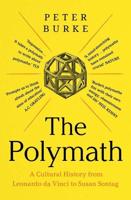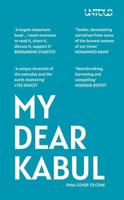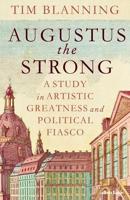Publisher's Synopsis
Excerpt from Time, 1889, Vol. 1: A Monthly Magazine
A man with a natural taste for litigation is, as a rule, greatly to be pitied, and still more is he deserving of our sympathy when in addition he is af?icted with an insane desire to plead his own cause in person. No doubt a railway manager, thoroughly conver sant with his work and with all the details of his own line, and of long experience in Parliamentary committees, and accustomed also to address meetings of shareholders, would be very well able to figure. As a Parliamentary counsel. This, however, is an exceptional case. And we are as far off from the ideal state of things in which every man is to be his own lawyer, as from that in which every man will be his own architect, engineer, stock broker, banker, surgeon, and physician. Lawyers and doctors know better than this. They almost invariably take advice even upon small occasions. They are quite aware that a man is very seldom indeed a competent judge of his own case. But there are many such people to be found in the world as the man to whom I have referred, and amongst the number was Colonel George Ainslie.
This warrior, after giving up the command of that famous old regiment, the 25th (the. Prince of Wales' Own) Lancers, retired to his country place in Surrey, and with the exception of marry ing a charming and accomplished wife, and begetting a promising son, occupied himself in no other way than in quarrelling with his neighbours and his friends and his tradespeople, and, indeed, with nearly every one with whom he was brought in contact.
About the Publisher
Forgotten Books publishes hundreds of thousands of rare and classic books. Find more at www.forgottenbooks.com
This book is a reproduction of an important historical work. Forgotten Books uses state-of-the-art technology to digitally reconstruct the work, preserving the original format whilst repairing imperfections present in the aged copy. In rare cases, an imperfection in the original, such as a blemish or missing page, may be replicated in our edition. We do, however, repair the vast majority of imperfections successfully; any imperfections that remain are intentionally left to preserve the state of such historical works.










